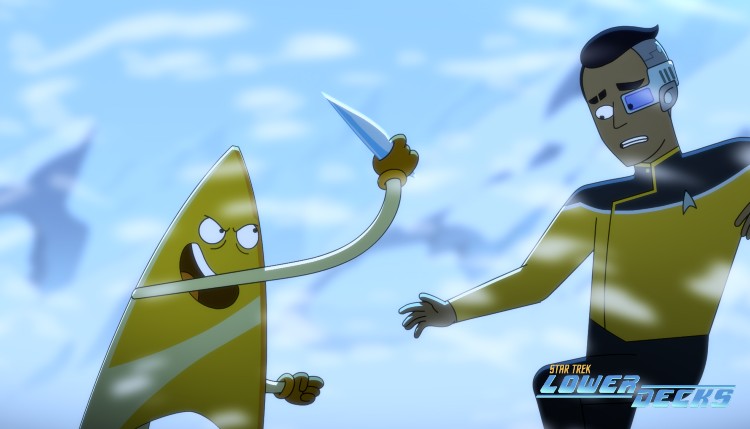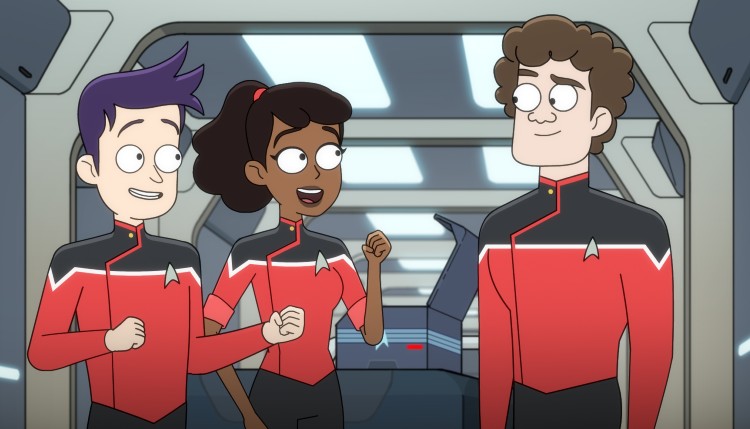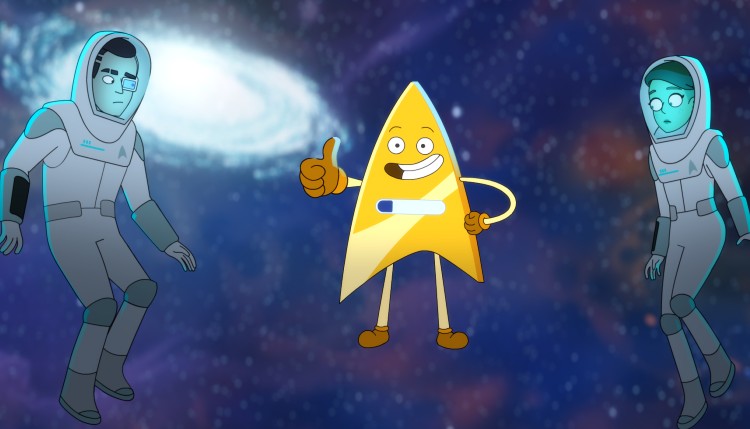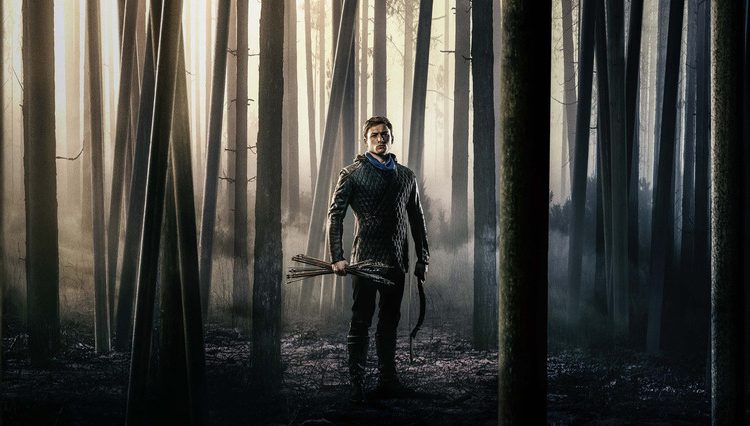“We are so getting fired for this.”*
It must be difficult for writers to not know what they write. I’m sure I might’ve mentioned it before but when the Original Series was being produced, the majority of writers (as well as actors and crew) working on the show served in the military in some capacity. Roddenberry himself was an old Army man (commissioned AAC second lieutenant in 1942). He knew a little bit about service and war. After that, he was a commercial airline pilot before joining the Los Angeles Police Department in 1949. His was a life lived, and it was more than enough experience to earn him the writer’s education.
This was a time before meaningless “Master’s” Degrees (I don’t know how you could become a master at something you should always be learning) and Liberal Arts flooded the entertainment industry with résumés and curriculum vitae. I started noticing the switch-over from experience to credential (not to mention nepotism) early in the third season of Star Trek: The Next Generation. Routine had begun to be replaced by minutiae and “technobabble.” It didn’t start to become pedantic and unrealistic until around the middle of the fifth season, and the overall quality of the show deteriorated.
This was around the time the writers decided they were tired of having a psychologist serving aboard the ship and granted Troi a field promotion to Commander, which made no sense at all. The point I’m trying to make is that this new crop of writers stopped caring for formality, discipline, and structure in their characters and in their storytelling. And now we finally come to “Terminal Provocations,” the sixth episode of Lower Decks, arguably the worst iteration of Star Trek ever produced for television and the movies. I had to watch this episode twice and read the synopsis a couple of times to understand what I was seeing. Maybe it’s just that a “wacky” cartoon series isn’t the best format for Star Trek.
Remember the Animated Series? Of course, you do! You read my reviews! It wasn’t a “wacky” show. True, there were moments (very brief moments) of levity, but the tone was always serious. The Cerritos is engaged in a tug-of-war with a salvage ship over the wreckage of the Antares, a freighter lost a hundred years ago. I believe this might be a reference to the Original Series pilot episode, “Charlie X.” Captain Freeman doesn’t want Starfleet technology falling into Drookmani hands, though I don’t understand why it matters at this point considering said technology is outdated.
These are the little things I complain about with regard to the writers failing to do their homework. Worried that she wasn’t properly taught spacewalking (what?) should she be required for the salvaging operation, Tendi uses Rutherford’s training program on the holodeck. An avatar named “Badgey” appears and helpfully offers instruction. “Badgey” is kind of like that dancing paperclip that pops up for Microsoft Office novices. Things turn sour in a big hurry when “Badgey,” after Rutherford’s pestering, goes sentient and rogue and attempts to kill his two pupils. My God, this is stupid! I’ve resisted reviewing holodeck-characters-gone-mad episodes of any Star Trek series. I’ve always considered it the weakest kind of storytelling.
There were some fair episodes (i.e., “The Big Goodbye,” “Elementary, Dear Data”), but the premise is so flawed and razor-thin, it falls apart relatively quickly, mostly because the holodeck makes no sense whatsoever. I think holodeck adventures were a means of putting the crew in fantastic situations without leaving the ship to discover Nazi planets or Roman Empire planets or some other similar predicament. In the tertiary story, Boimler, Mariner, and previously unseen crewman Fletcher engage in a battle of wills with the “Delta Shift” after Fletcher claims he was attacked and “isolinear cores” (whatever they are) were stolen. I so don’t care at this point. It’s MacGuffin-driven plotting, and it bores me.
*Another overused word (“fired”), with original attribution in the sixth season, Star Trek: The Next Generation episode, “Suspicions,” in which Dr. Beverly Crusher tells Guinan she was fired for conducting an autopsy on Ferengi scientist, Dr. Reyga. This is going to sound extremely nerdy (coming from me) but Starfleet officers and crewmen are not “fired.” It’s not a job in the conventional sense. They are discharged and/or court-martialed or imprisoned. This is another example of writers working in a vacuum.
Star Trek Rewind explores the Star Trek universe. From Archer to Janeway, Kirk to Picard, and Georgiou to Sisko — boldly read what no one has read before!







